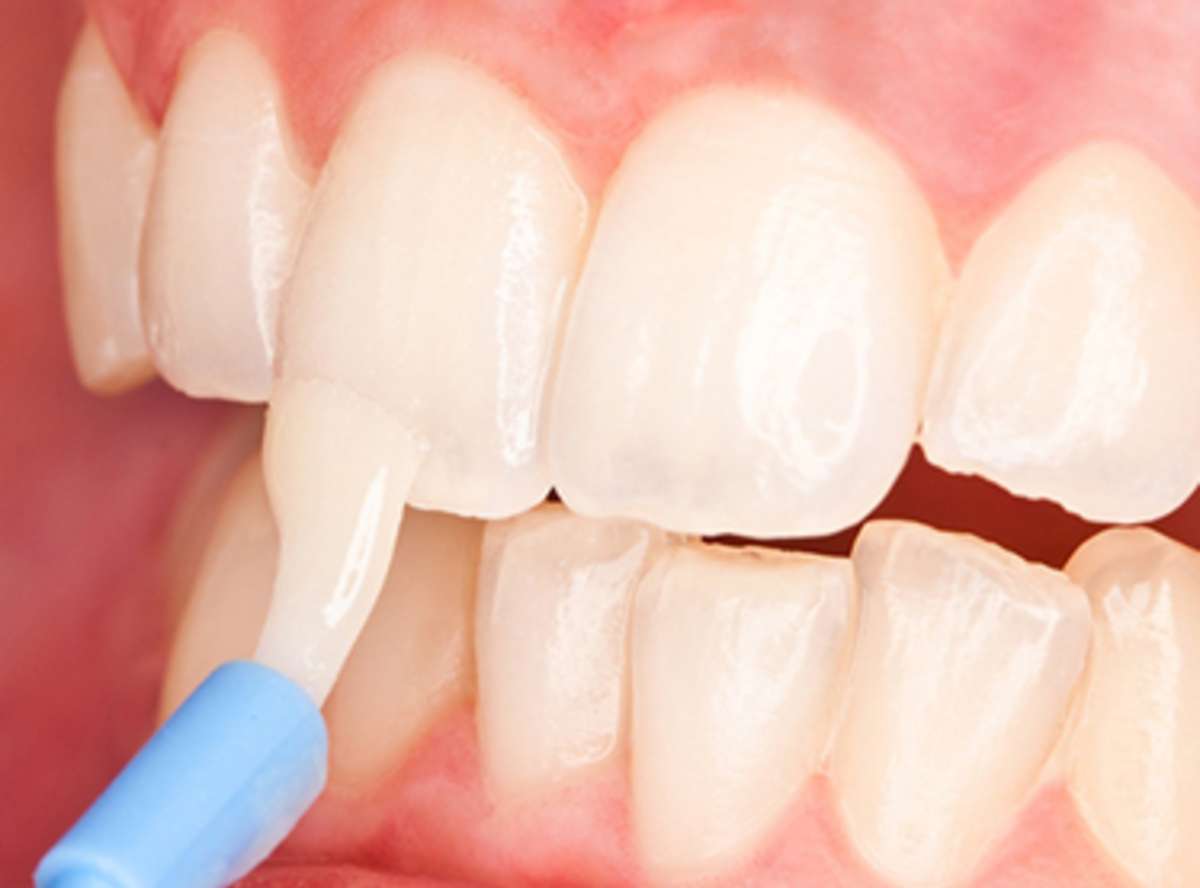
Teeth enamel experiences heavy wear and tear due to various everyday tasks like eating, drinking, talking, chewing, grinding, etc. Although minerals like calcium and phosphate can remineralize the tooth enamel and neutralize mouth acids, it may take longer to show effects. In such cases, fluoride treatment can be a real savior.
You can visit the nearest Dental clinic Memphis, TN, to seek immediate assistance for your condition. Besides, a dentist can also cure other dental issues and provide guidance on the appropriate use of fluoride to ensure optimal oral health.
Understanding the importance of fluoride
Fluoride is a mineral that is naturally present in water and different foods. Fluoride can help prevent tooth decay, reverse the tooth decay effects in its early stages, and remineralize your teeth. However, it is prudent to mention that a high amount of fluoride can be harmful.
Here’s why fluoride is important for your dental health.
- Fluoride can remineralize the tooth enamel.
- Fluoride is capable of reversing the effects of early tooth decay.
- Fluoride can prevent the growth of bacteria that can cause cavities.
- Fluoride can slow down the demineralization of your teeth.
Importance of fluoride for infants and children
Children between the ages of six months and 16 require appropriate fluoride for teeth development. However, as per the recommendations of the American Dental Association (ADA), too much fluoride intake can adversely affect infants and young children.
Nonetheless, you must also avoid powdered baby formulas and liquid concentrates that have to be mixed with fluoride water. Instead, ADA recommends breast milk, a ready-to-feed formula that works with fluoride-free water. You can also follow practices for children.
- Do not use more than a pea-sized amount of toothpastes that have fluoride.
- Do not allow children to swallow the toothpaste.
- Do not let children under 6 to use fluoride mouth rinses.
- Do not give dietary supplements with fluoride to children under six months.
Benefits of fluoride treatment
Fluoride is essential to maintaining the enamel layer on your teeth. You can use fluoride toothpaste and mouthwash to maintain your tooth enamel. However, in case of decay, your dentist may apply fluoride in the form of foam, varnish, or gel and ask you not to eat or drink anything for at least 30 minutes.
Following are some of the benefits of fluoride treatment.
- Fluoride treatment can prevent gum diseases and cavities caused by conditions like Sjögren’s syndrome.
- Fluoride treatment can reduce the risk of tooth decay by eliminating the growth of bacteria.
- Fluoride treatment can be beneficial in crowns, braces, bridges, and removable dentures, as these increase the risk of cavities.
The whole process is very swift, and a fluoride treatment session lasts no more than a few minutes.
Common side effects of fluoride treatment
While fluoride treatment is generally considered a safe procedure and complications are rare, fluoride treatment may have some side effects. Accidental overdose can cause fluoride poisoning, which can harm bone and teeth development in children. However, it is very rare these days.
Nonetheless, the following are some commonly observed side effects of fluoride treatment.
- Pitting and staining over your teeth.
- White specks on your teeth.
- Higher bone density but reduced bone strength.
- Bone homeostasis issues
- Overdose can also lead to nausea, diarrhea, tiredness, and excessive sweating.
- Regularly consuming high-fluoride water can lead to fluorosis, which causes white to brown spots on teeth that cannot be brushed away. In such cases, you can opt for professional whitening, porcelain veneers, or dental bonding.
While fluoride treatment can be beneficial for problems like tooth decay, you must consider visiting a professional dentist for greater effectiveness, as fluoride overdose can lead to various health problems, especially in children.